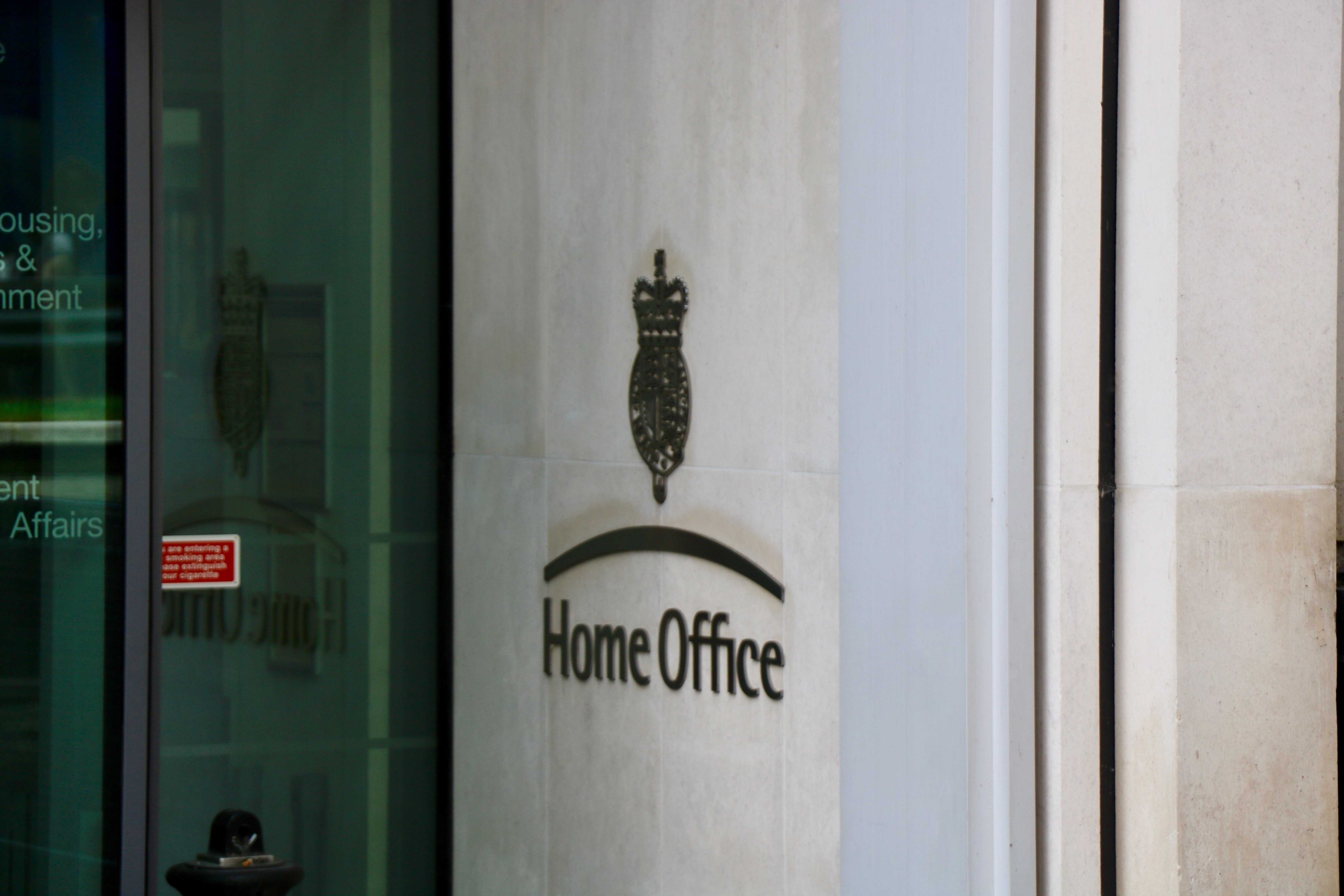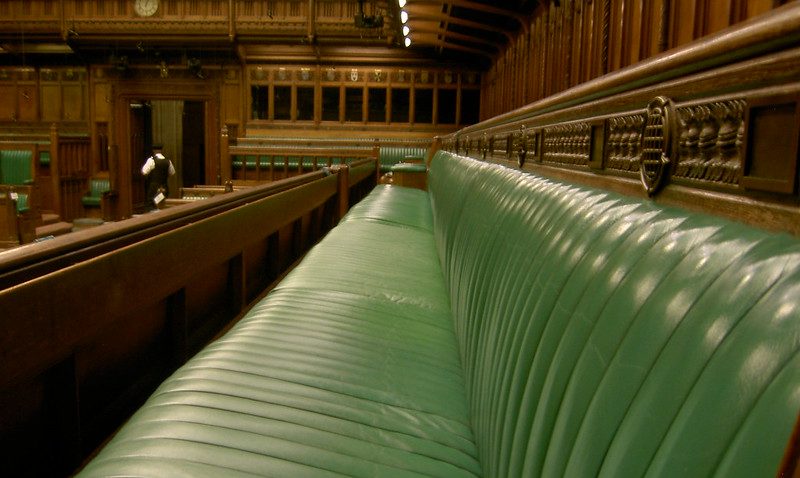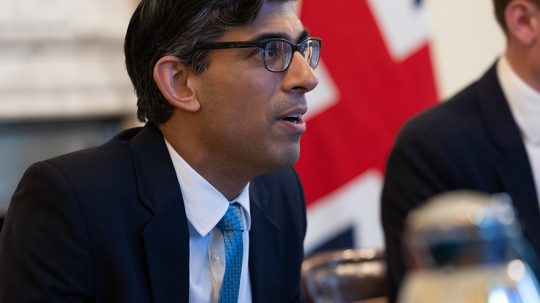You have probably heard about the Illegal Migration Bill, which has made most of the country’s front pages recently. However, one aspect of migration policy you may not have heard of is the Voluntary Returns Service, also run by the Home Office. It facilitates migrants living in the UK to volunteer to leave and return to the country from which they travelled.
People eligible for the scheme include asylum seekers who are willing to abandon their asylum claim or ‘irregular migrants’, such as people who have had an asylum claim definitively rejected, who have travelled on a visa that has now expired, or who have arrived in the UK clandestinely and are not known to the immigration system.
The estimated number of irregular migrants in the UK is one of the highest in the EU. While there are no official figures, estimates suggest it could range from 417,000 to 863,000.
The UK has no systematic policy for amnesty
The UK does not have any systematic policy of providing amnesties or regularisations to its irregular migrant population and relies on its policy of returning irregular migrants to their countries of origin – whether voluntarily or coercively – alongside strategies to prevent future irregular migration.
In 2021, there were around 9,500 ‘returns’, both enforced and voluntary, although this number will increase due to initial undercounting of voluntary returns. This is down from a peak of around 47,000 in 2013.
The voluntary returns service used to be run at arm’s length for the government by the International Organisation for Migration (now part of the United Nations) and then by charity Refugee Action, but it is now run by the Home Office itself.
Living in the grey
Under UK policy, people seeking asylum who have ongoing asylum claims have the right to remain in the UK until a decision has been made, but they are not allowed to work, depriving them of earning a livelihood and HM Treasury of £300m a year. Some asylum seekers end up working in the informal economy as a result.
Meanwhile, for irregular migrants, the risk that they could be turned over to immigration enforcement authorities can prevent them from accessing health, education and police services, fearing that they will be found to be ‘undocumented’ and then detained or deported.
Patients not passports
Even if irregular migrants are willing to present themselves when ill for medical assistance, it can prove prohibitively expensive to pay the fees required of some overseas visitors. The NHS action group Docs Not Cops said: “Our message at Docs Not Cops is clear and simple: every individual deserves access to free and accessible healthcare, regardless of their immigration status or country of birth.”
“We remember Elfreda Spencer, a grandmother living in London (Jamaican born), who was billed £30,000 for her chemotherapy which she could not afford to pay. She waited a year to be allowed her treatment only then to learn the cancer had developed to be terminal.”
“Nasar Ullah Khan, father to two young sons, was another victim to these policies. Nasar lost his life at only 38 after being denied a heart transplant he desperately needed – he was also handed a bill of £32,000 for his treatment and care as an inpatient.”
Is the scheme really voluntary?
To promote the scheme, the Home Office has begun publishing case studies of people who have used the voluntary returns service to go back to their country of origin. But questions have been raised among those working in the migration sector as to the true ‘voluntariness’ of a service accessed by people who are struggling to survive under the UK’s ‘hostile environment’.





